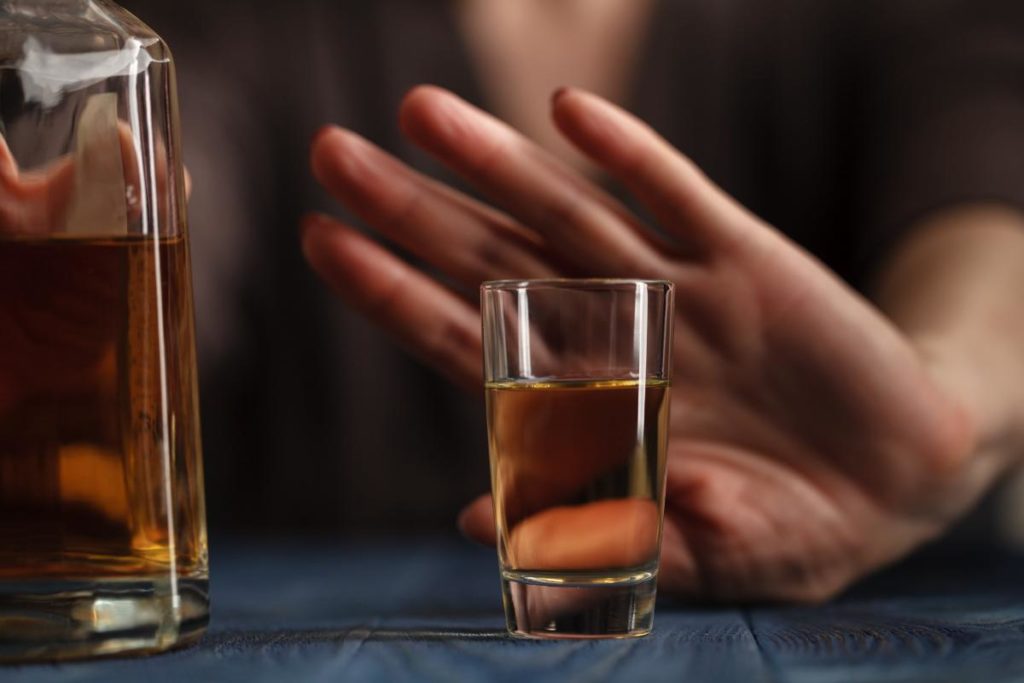The first 90 days of sobriety are often the most crucial. In the early stages of quitting your addiction, you are still physically and psychologically dependent on the substance you have been abusing. Withdrawal symptoms can be painful and disheartening, making relapse seem like an easy solution. Beating an addiction is difficult, especially if you are doing it alone.
At Ashwood Recovery, our friendly staff will offer their expert support for you to be able to pass the hurdle of addiction. Our various addiction treatment programs cater to each patient’s circumstances and needs to give them the right course of treatment to ensure success. We are focused on long-term sobriety, and we have a strong in-person and online alumni community that will help you transition to your new healthier lifestyle. If you want to start your journey, please contact us at 888.341.3607, and we will help you find the best treatment plan.
What Happens When You Get Sober?
The first step towards sobriety is often the most difficult. Detoxing from substance or alcohol abuse usually involves physical discomfort as your body copes with the absence of something on which it has grown dependent. These symptoms can last from a few days to a few weeks. Some of the common symptoms of withdrawal are:
- Insomnia or difficulty sleeping
- Changes in mood, irritability, anxiety, or depression
- Muscle pain, fatigue, or restlessness
- Nausea, sweating, chills, or shivering
- Tremors or shakiness
- Cravings
In extreme cases, withdrawal may cause seizures, hallucinations, and delirium. The type of substance, dosage, and length of the addiction will all contribute to the type and severity of the withdrawal symptoms you may experience.
When Does Sobriety Get Easier?
Once your detox is complete, and your body has recovered from its dependence, you will move on to rehab and recovery. It is essential to address the underlying causes of addiction and any triggers that you may have that can lead to your relapse. You will need to learn a new, healthier lifestyle that will help you maintain your sobriety. Relationships that the addiction may have damaged may begin to be repaired.
Addiction usually takes up much of your time, so it’s important to find constructive diversions that distract you from your previous destructive habits. Getting used to an addiction-free way of life will help your long-term sobriety.
For most people who have struggled with addiction, sobriety does get easier over time. At around the one-year mark, the tendency for relapse decreases sharply as you fully transition into a sober way of living. However, one should always remain mindful of triggers as relapse, though uncommon, is not impossible even after decades of sobriety.
Begin Your Sober Journey with Ashwood Recovery
At Ashwood Recovery, we believe in a holistic approach to recovery that ensures long-term sobriety. Our addiction treatment programs are catered to each patient to ensure life-long success. We offer very flexible and extensive outpatient care that can accommodate every schedule.
Therapy is an integral part of relapse prevention. Through therapy, patients can make adjustments in their life and routine to avoid relapse triggers. Our addiction treatment programs include the following therapies that promote long-term wellness and healing:
- Family therapy
- Cognitive-behavioral therapy
- Art therapy
- Group therapy
Recovering from addiction and staying sober is difficult, especially without professional support. Recovery is always safer in an addiction treatment program from a recovery facility with the experience you can trust. Our outpatient facility in Boise, Idaho offers a safe, therapeutic environment with highly qualified licensed staff and a strong reputation for excellence and healthcare quality. Contact us at 888.341.3607 today to start your journey towards life-long sobriety.

